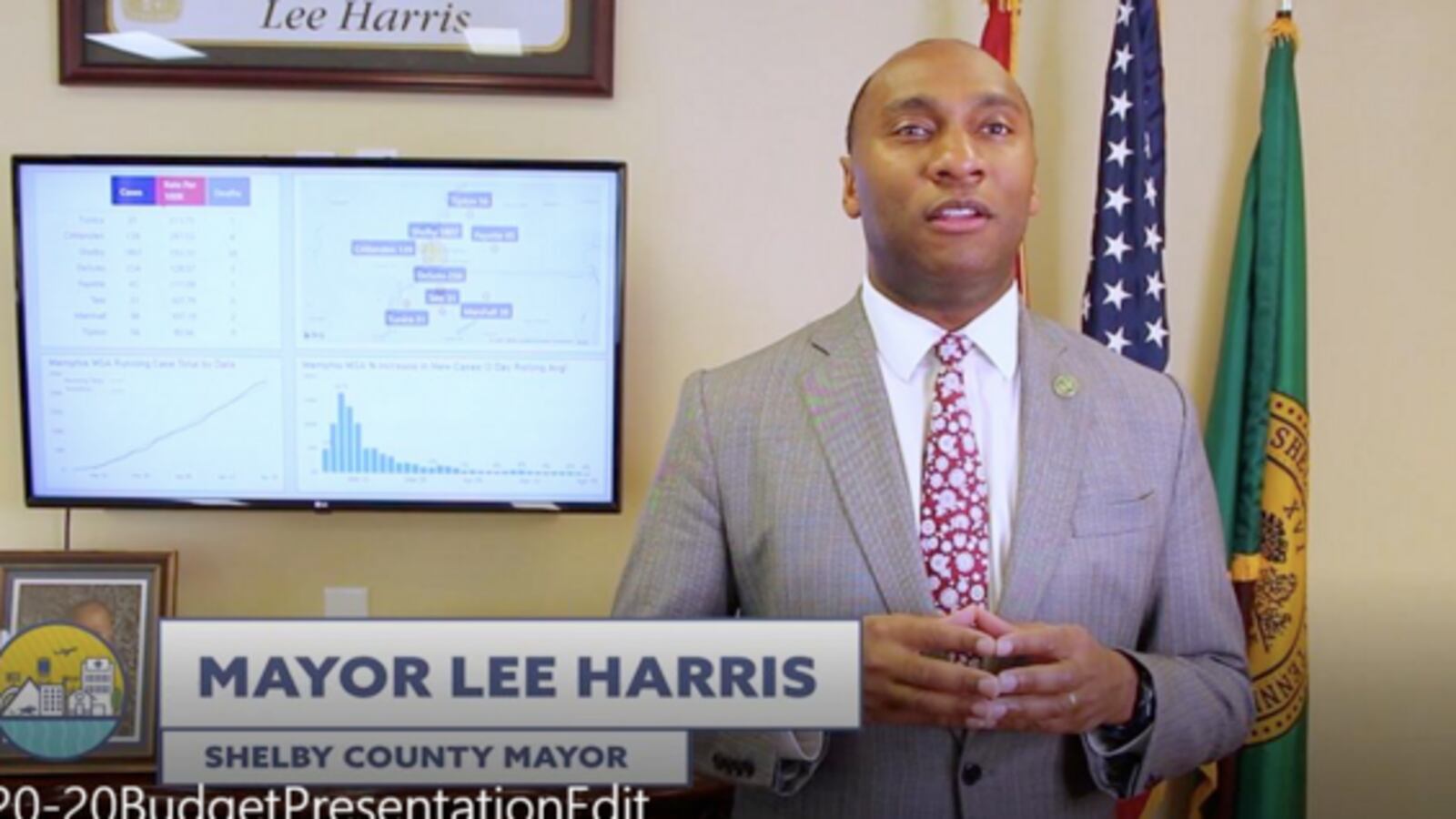Shelby County Schools could receive the same funding as last year for day-to-day operations and possible additional funding for school construction in the next budget year under a proposed $1.4 billion county government spending plan unveiled Monday.
Mayor Lee Harris recommended maintaining the $427 million the county allocated this year for the operating budgets for all seven of Shelby County’s school systems. Shelby County Schools, the largest district in the state, receives the bulk of that funding.
Additionally, the mayor proposed spending an additional $33 million for school construction needs in all the districts. On top of that, he proposed another $65 million for schools, including $50 million for Shelby County Schools, that he hopes will be an incentive for school leaders to rapidly build new facilities “and give more kids a first-rate learning environment.”
School construction and renovations account for 85% of the county’s debt, according to budget documents.
As for early education, the mayor proposed allocating $8.5 million to early education and prekindergarten efforts, the same as this year.
“I am personally committed to investing whatever it takes to expand educational opportunities for kids and change life’s trajectory,” Harris pledged.
In the tight budget, schools were noticeably spared from the proposed $13.5 million in proposed cuts. But the K-12 investments won’t come without debate. Harris says paying for those education plans and covering the deficit in the county’s education fund will require a $16.50 increase in the county’s motor vehicle registration fee.
The car registration fee, commonly known as the wheel tax, is hugely unpopular. It was implemented in 1987 to fund school construction, and attempts to increase it over the years have often generated a groundswell of outrage from the public, many of whom consider it another tax.
Commissioner Brandon Morrison said she supported increasing the tax to improve public transit, but sees this new ask as a “slippery slope.”
“I believe in maintenance of effort (for funding schools) but I don’t think this is the way,” she said, referring to the baseline for education spending that local governments must maintain under a state requirement.
County property taxes and car registration fees support school operations. But budget documents show lower property tax collections in budget year 2019, no growth in 2020 and decreased property tax projections in 2021.
Harris said the county has few other options to raise money for schools since the county’s property taxes, local option sales taxes, and hotel-motel taxes are already among the highest in the state. He said that the proposed fee hike, which his administration describes as “new revenue,” would be the first in 20 years and would only apply “after businesses and the economy reopen.”
Schools receive 100% of the fees and would continue to do so, Harris said. County commissioners will debate and vote on budget before the start of the next fiscal year on July 1.

